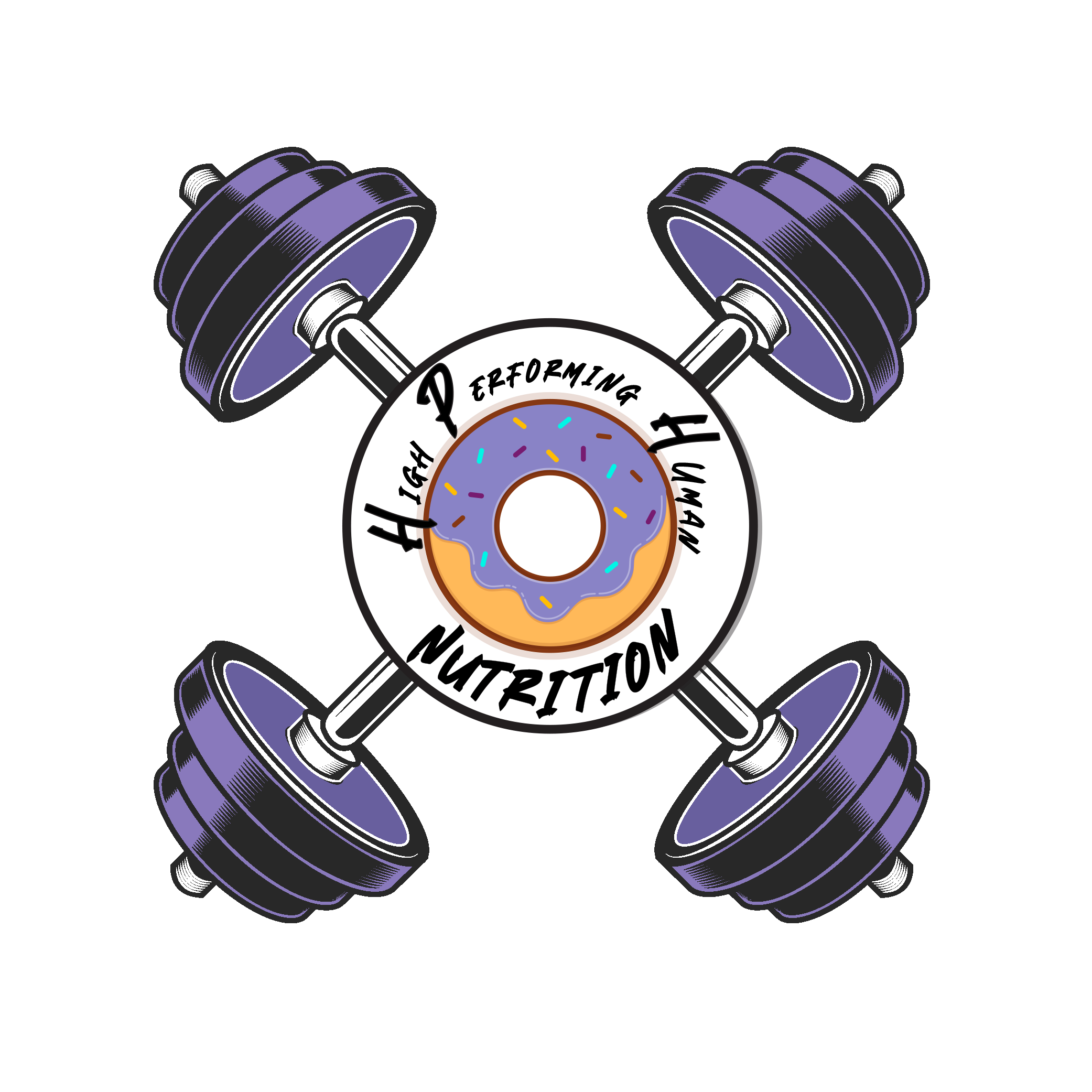
If you’re aware of my current eating patterns, you may be surprised to see me writing about grains as I choose not to include them in my diet on a regular basis. However, they can be part of a healthful carb-based diet.
In today’s grocery stores we see breads labeled as white, wheat, whole wheat, whole grain, 7-grain, multigrain, etc. It can get pretty confusing if you don’t know what you’re looking for.
When buying grains “whole” is the key word. Whole grains and whole wheat contain the entire kernel; the outer bran, germ, and the central endosperm. Each of these components contain important nutrients. White flour has the outer layers of the bran and a layer called aleurone removed causing a loss in fiber and protein that are found in these layers. White flour is entirely of the central endosperm.
Refined flours and grains are made entirely from the endosperm, like white flour. Milling of these types of grains causes a loss of nutrients like vitamins and minerals. This means that refined grains must be enriched, or have vitamins and minerals added back to it. Many states actually make this a legal requirement. Despite having nutrients added back to the refined grains, the whole-grain is still superior in nutritive value.
Whole Wheat vs. Whole Grain vs. Multigrain
Whole grain is an umbrella term that includes whole wheat. The difference in labeling is that whole grain products may contain other types of grains like oat and barley. A multigrain product is one that doesn’t necessarily contain whole grains. There may be multiple types of grains like the oat, barley, rye, etc but the entire kernel is not included, it would be a more refined product unless stated that those grains were whole grain.
While whole grains contain vitamins, minerals, fibers, and other beneficial substances, just because a food is labeled as made with “whole grains” doesn’t make it healthy. I’ve used this example in the past, but take Pop-Tarts for example. Companies have taken hold on the school nutrition requirements of using whole grains and the “buzz” around the term to help sell their products. While whole grains are used, the sugar content remains the same. Take a look at this comparison. Be wary of products that may be taking this approach to marketing.

If you’re into reading nutrition labels, look at the protein and fiber content of the breads you buy. I like to look for three or more grams of each per serving. Grains are meant to be a complex carbohydrate for long-lasting energy, this means that sugar (a simple, quick-acting carbohydrate) isn’t going to be a large portion of the total carbohydrates. Some breads may have a few grams (usually 2-3g) but anything with sugars or other sugar derivatives (dextrose, sucrose, etc) in the ingredients should be a red flag.
Sprouted Whole Grains
Sprouted grains are a product that have been around for a while but currently gaining popularity in health communities. There is no regulated definition of sprouted grains at this time, but companies producing these products feel that their way of presenting the grains gives the consumer access to the most nutritional value and aids in digestion.
The takeaway message would be to find “whole” on the label referring to wheat and other grains. And know that in certain products, the phrase “made with whole grains” on the label doesn’t necessarily make the product healthy.
Resources:
Scheule B, Bennion M. Food Safety. Introductory Foods. 14th ed. Pearson; 2015.
Oldways Whole Grain Council. (2017). Retrieved May 07, 2017, from https://wholegrainscouncil.org/


